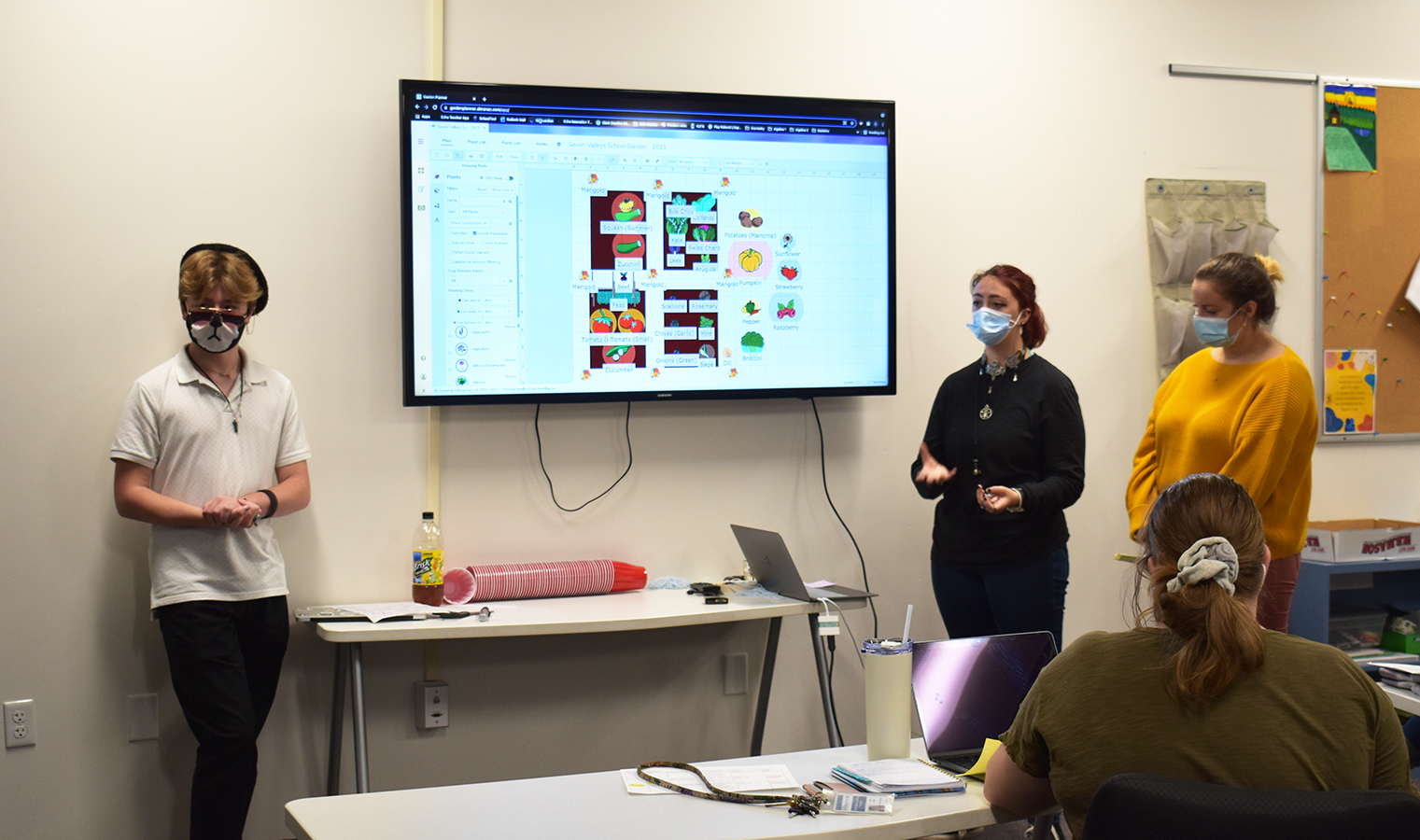 |
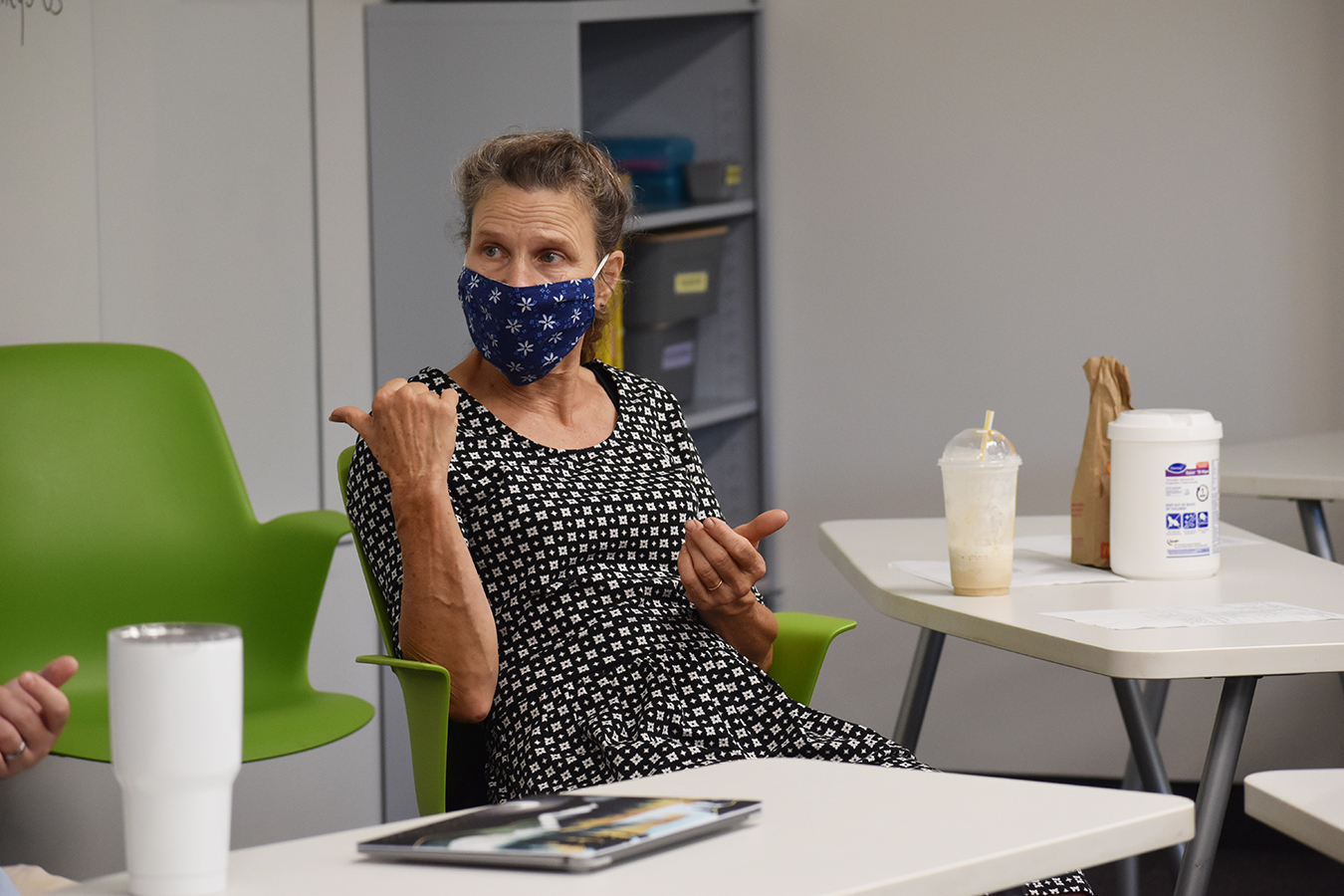 |
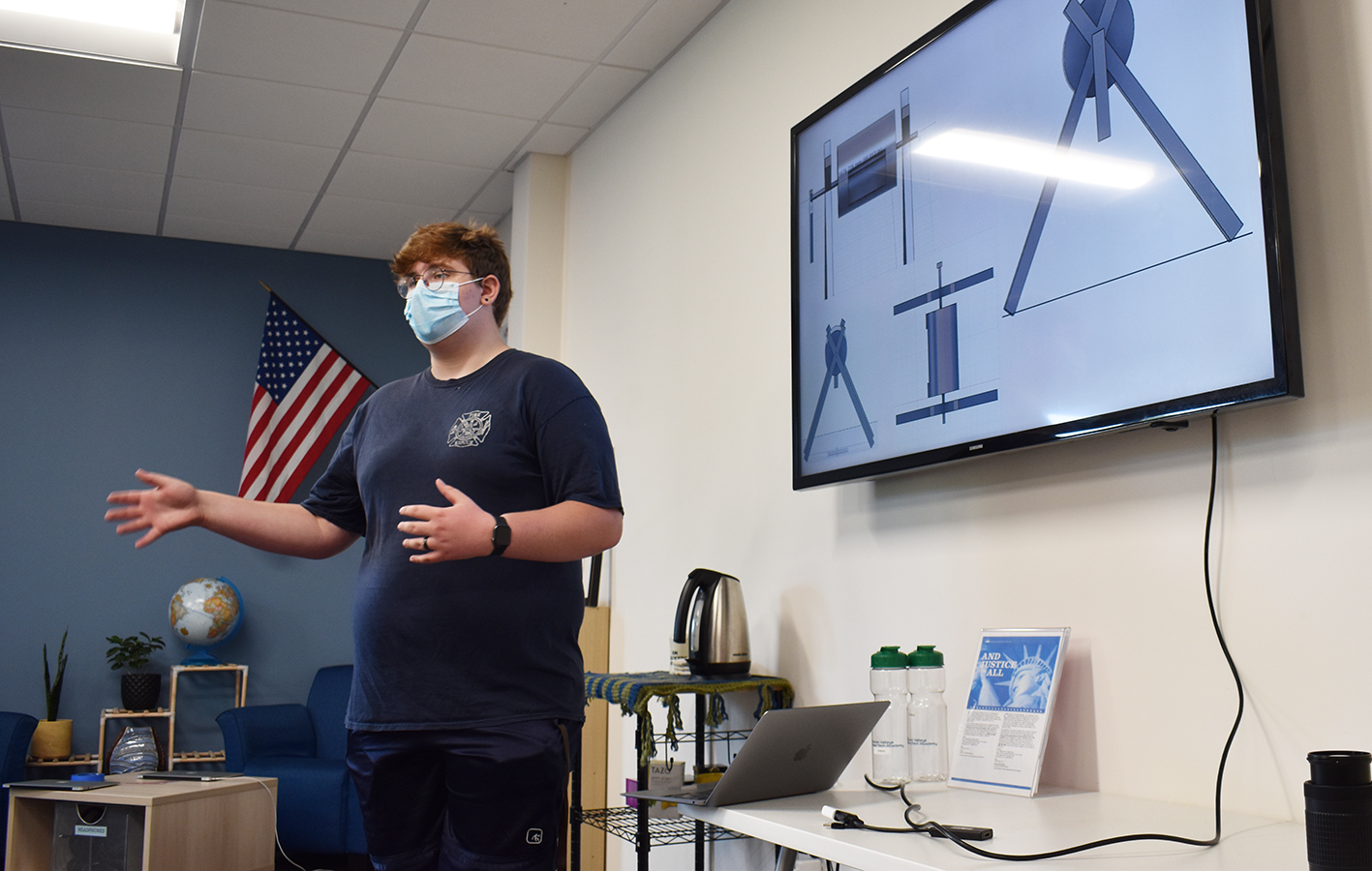 |
Getting started
During the first week of school, students at Seven Valleys New Tech Academy dived right into researching, collaborating, and consulting with community experts on three major projects — designing gardens, building raised garden beds, and establishing a composting system in the school.
“It’s our third day here and we’re already doing this,” said Jade Seib, a sophomore from Marathon and first-year student at Seven Valleys. “It’s a little overwhelming at first, jumping right in, but I like it.”
For her group, which was tasked with building the raised garden beds, two of their community consultants included Marie Weiss of the local carpenters’ union and state Assemblyman John Lemondes, whose 126th district includes parts of Onondaga, Cayuga, Cortland and Chenango counties.
In addition to his legislative duties, Lemondes is a 27-year Army veteran, small business owner and farmer who has worked as a project manager throughout his career. He shared a standard problem-solving process with the group and also touched on “human factors engineering,” the idea that a design project has to begin by focusing on how it will be safe, beneficial and accessible to most people.
“I think this is great,” he said later, as Seven Valleys students ventured outside to collaborate at a picnic table, measure boards and discuss a few sketches tacked to the wall of a shed. One of his passions, Lemondas said, is getting students at all levels to learn more about agriculture and the trades.
“The trades are like food,” he said. “Everybody needs them, but they are simultaneously taken for granted.”
Collecting feedback
For the other projects — designing gardens and building a compost pile — students also presented their research to professional experts in the community.
In Room 117, for example, Tully senior Charles Bibik (upper right photo) and his classmates were collecting feedback from a local who’s-who of composting, including Adrianne Traub of the Seven Valleys Health Coalition; Avery Barber and Cheyenna Nowalk of the Cortland Soil & Water Conservation District; and Jean Bonhotal (upper-middle photo) of Cornell Cooperative Extension.
In Room 133, a trio of students (upper left) presented their garden designs to Todd McLane, an adjunct professor in sustainable farming and food systems at Tompkins Cortland Community College and director of its TC3 Farm; and Justin Olsen, a soil conservationist with the U.S. Department of Agriculture's Natural Resource Conservation Service.
“I thought the enthusiasm was great,” Olsen said of the presentation. “They had a ton of great ideas.”
Ethan Westbrook, a senior from Homer and fourth-year Seven Valleys student, said the process may seem a little confusing, especially in the early stages, but it ultimately teaches students how to work with “all different kinds of people, even people we disagree with,” and it builds a sense of team spirit and school community — something he has always liked about the school.
Finishing Strong
Since the projects began, students have completed the raised garden beds and put together a side project — a hydroponic garden that will grow food inside the school, without soil. They also contacted Crown City Composting to learn more about their compost buckets for schools and will continue to work on a system for implementing composting within the school.
Students in the garden design project have planted mint, chives, garlic, spinach, basil, and cilantro. They have begun coordinating with our cafeteria chef, Cortland employee Trish Kelsey, to begin planning recipe ideas for using these vegetables and herbs. Students also wrote thank you notes to all of the partners, including companies that donated supplies, such as dirt and mulch.
Principal Amy Drumluk said it was thrilling to have the students back together, in person, collaborating on a “whole-school, authentic, project-based learning experience that involved all grade levels and so many community/business partners. Many students, and a few facilitators, didn’t think such lofty goals would be possible in four days, but at the end of the week, it was a success!”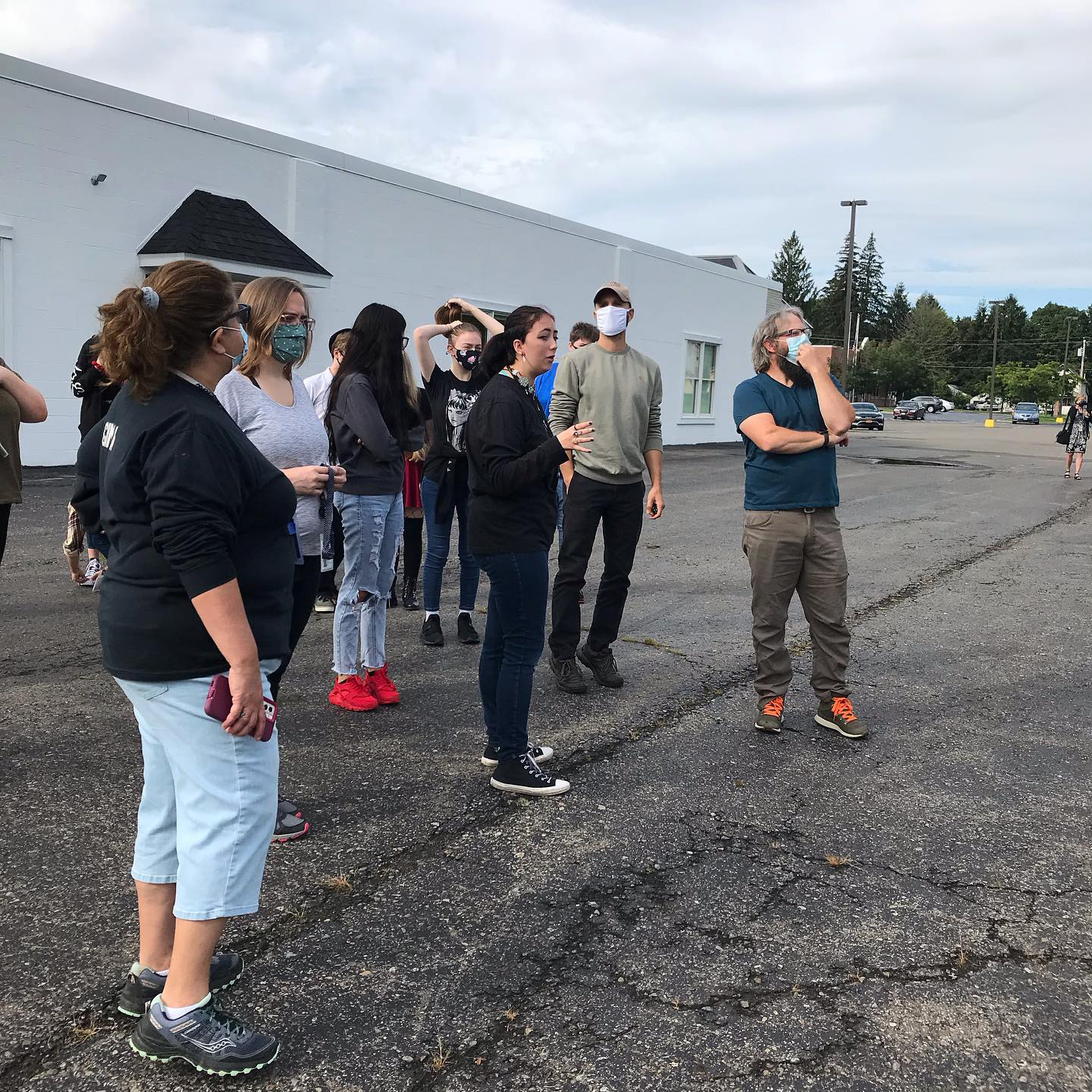 |
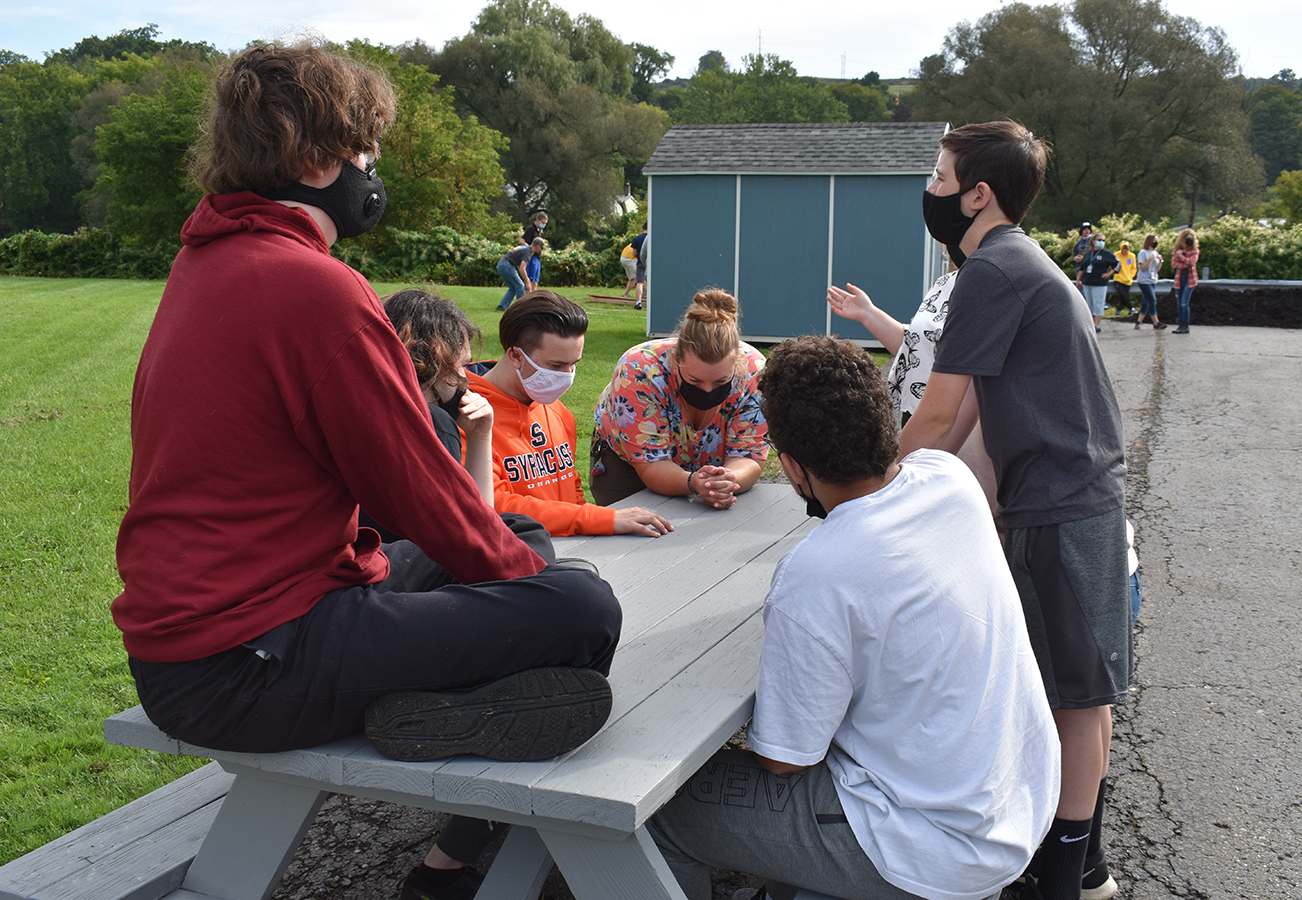 |
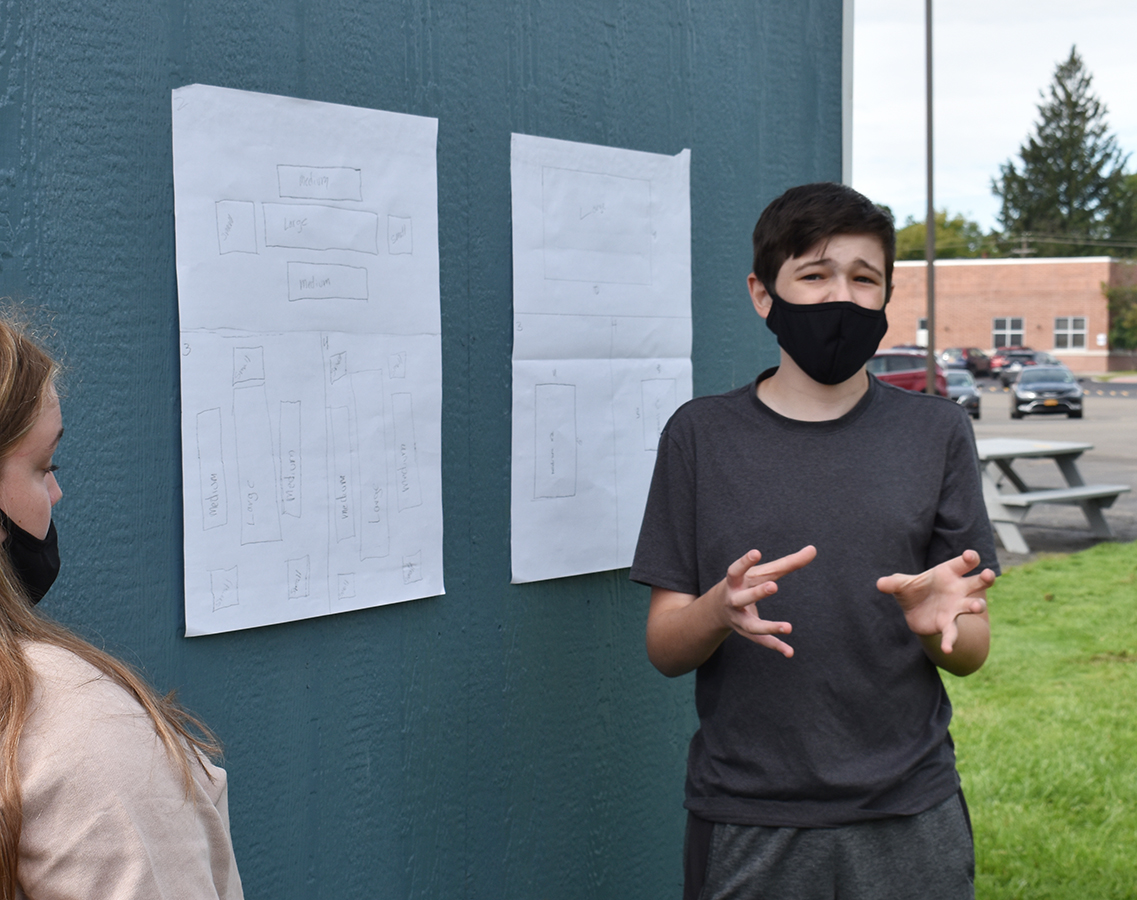 |
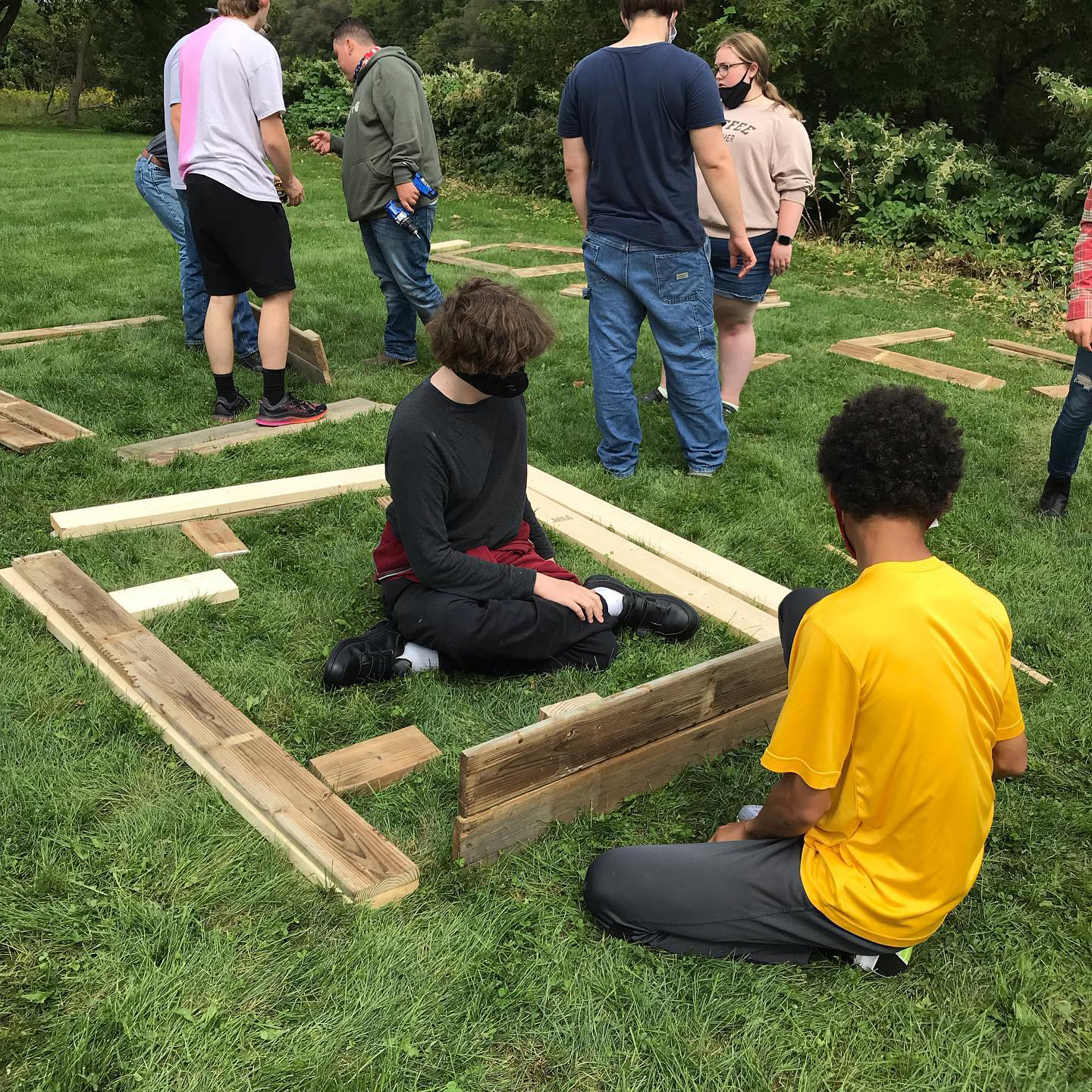 |
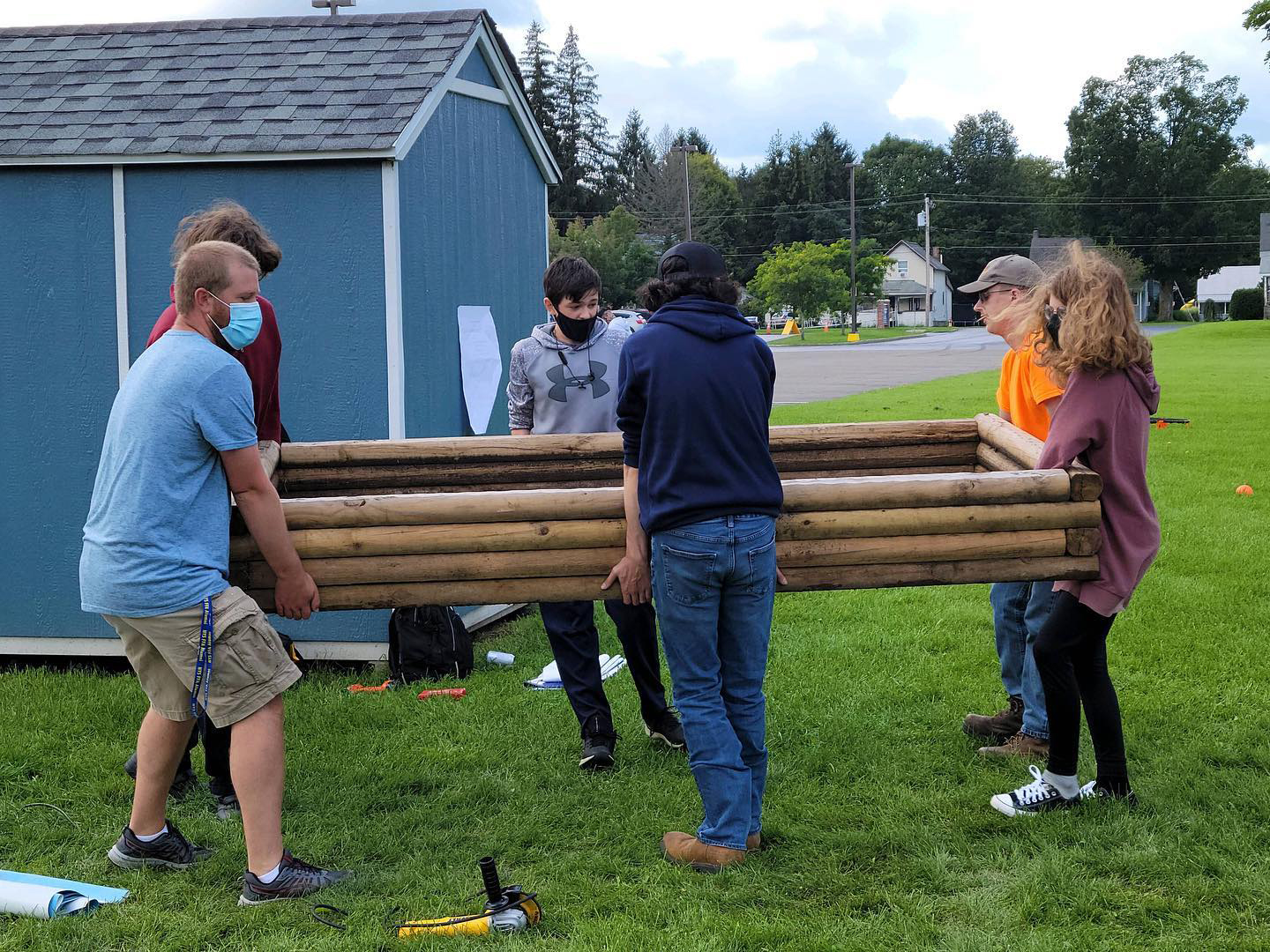 |
 |
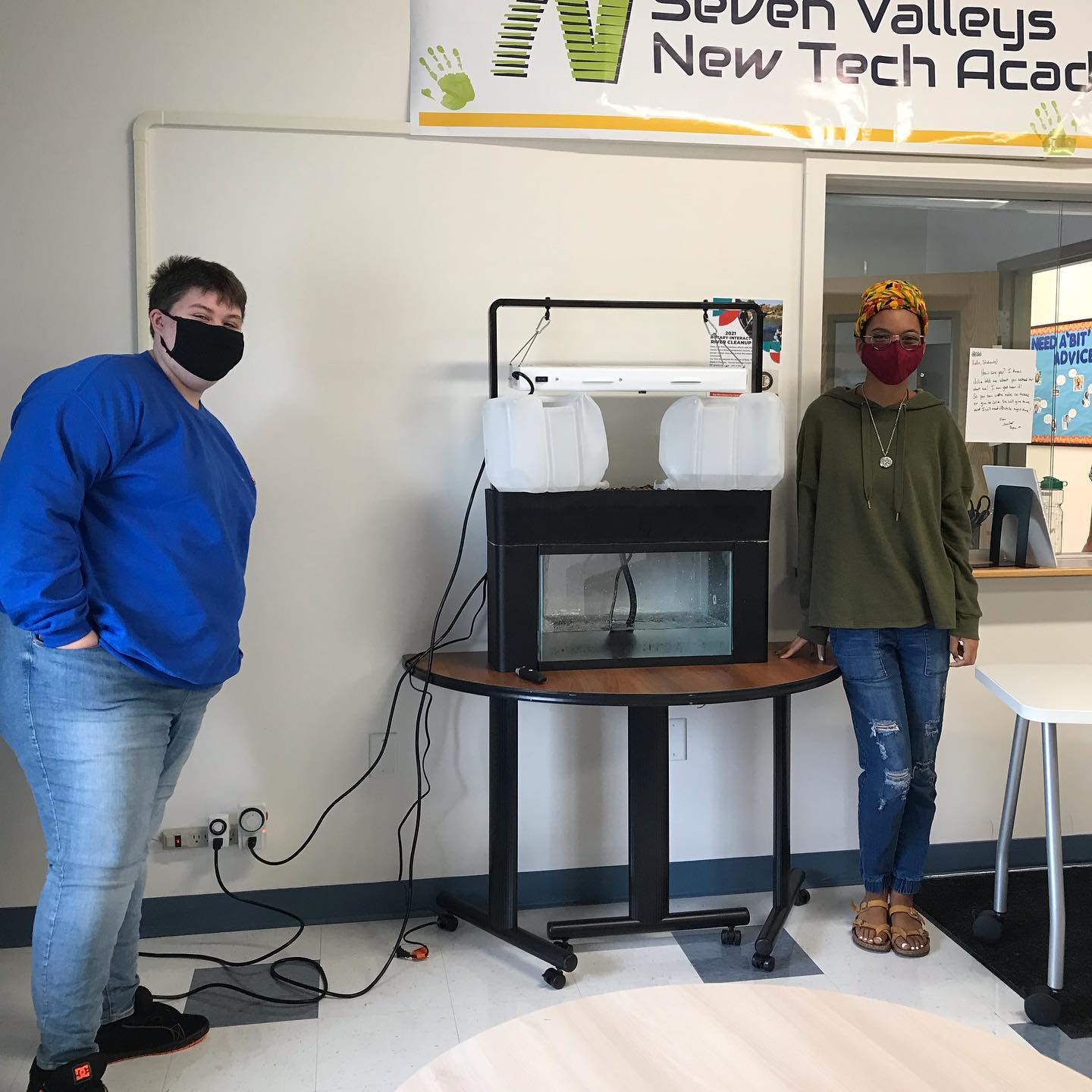 |
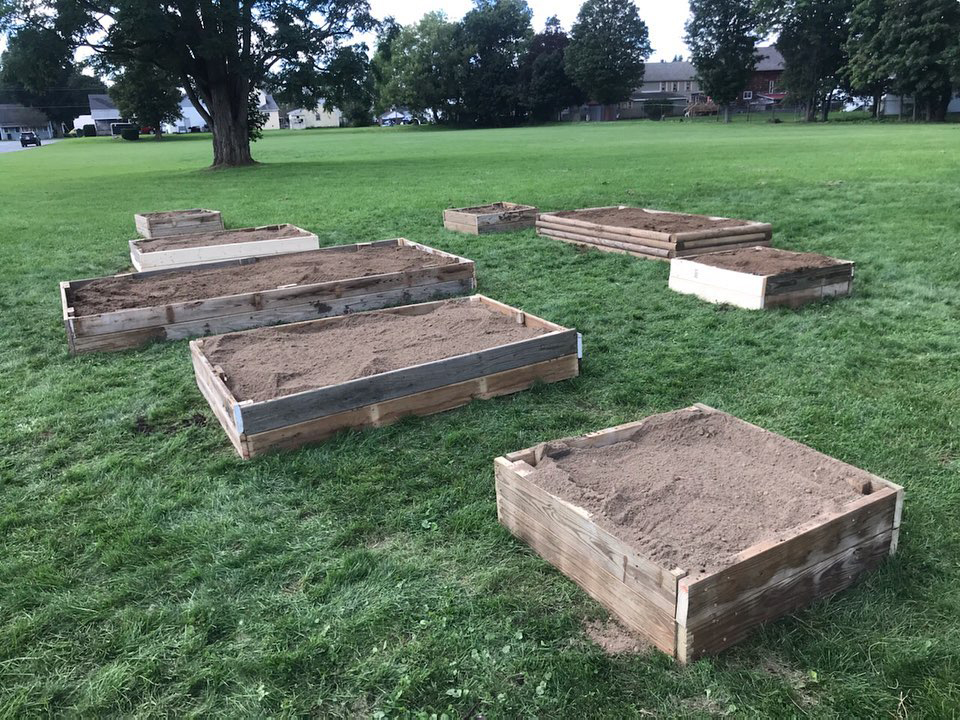 |
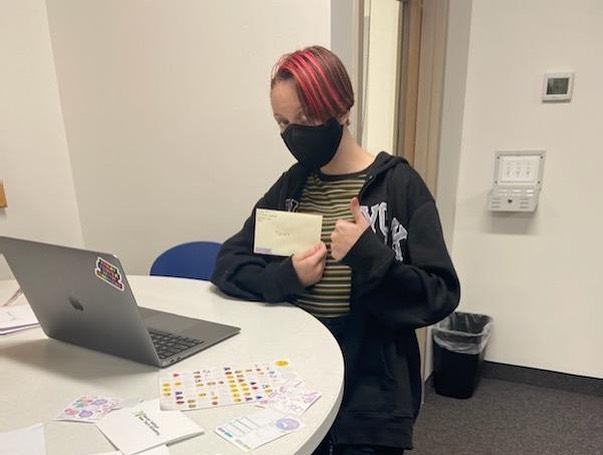 |


 Careers
Careers Staff Only
Staff Only Personnel
Personnel Sub Call-In Service
Sub Call-In Service Health & Safety
Health & Safety



